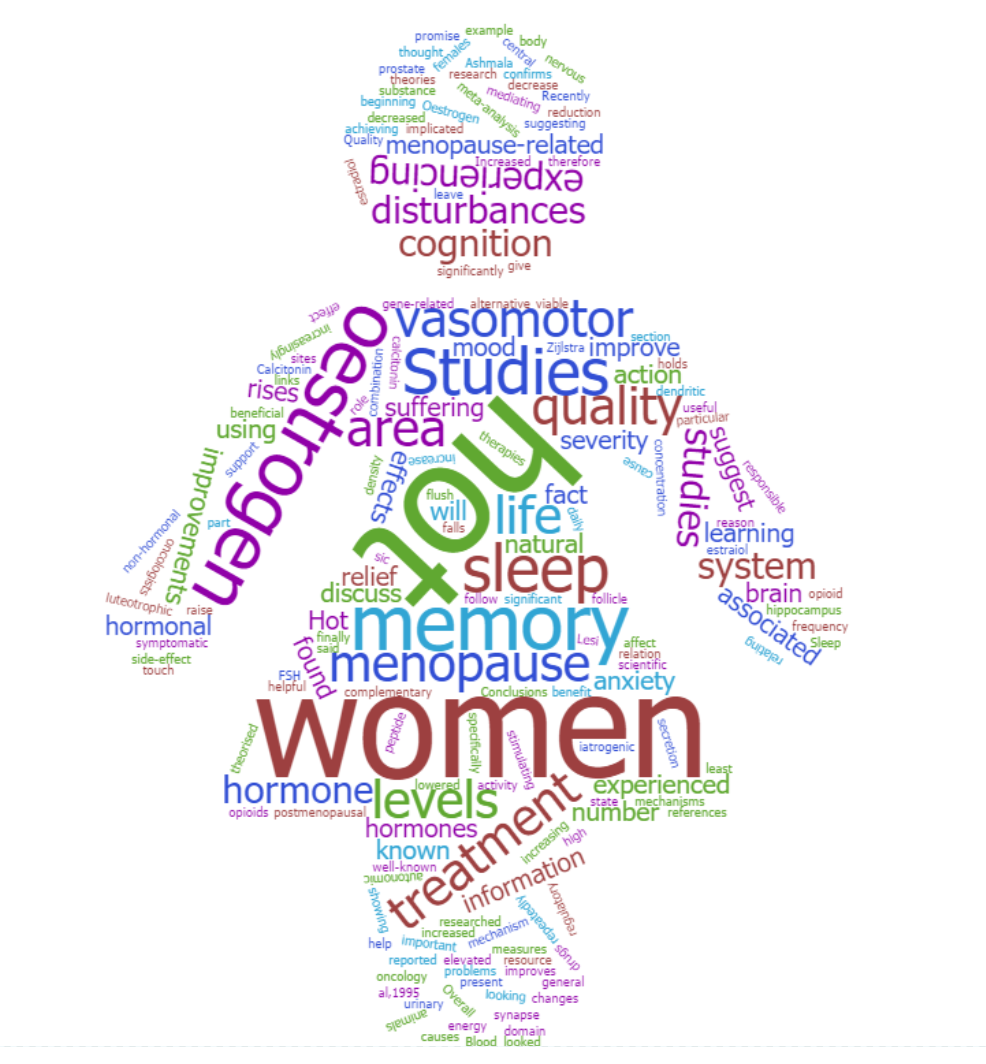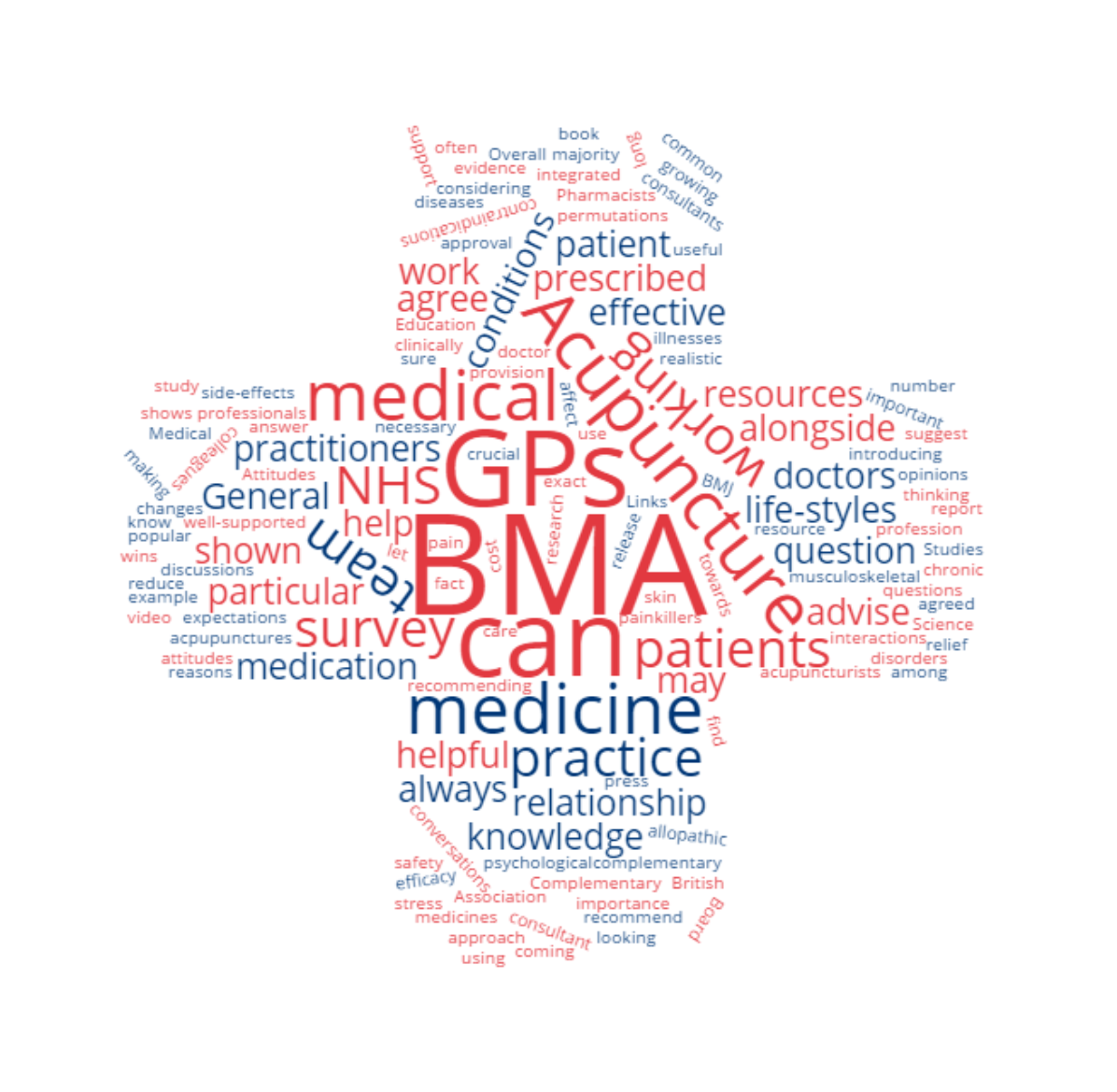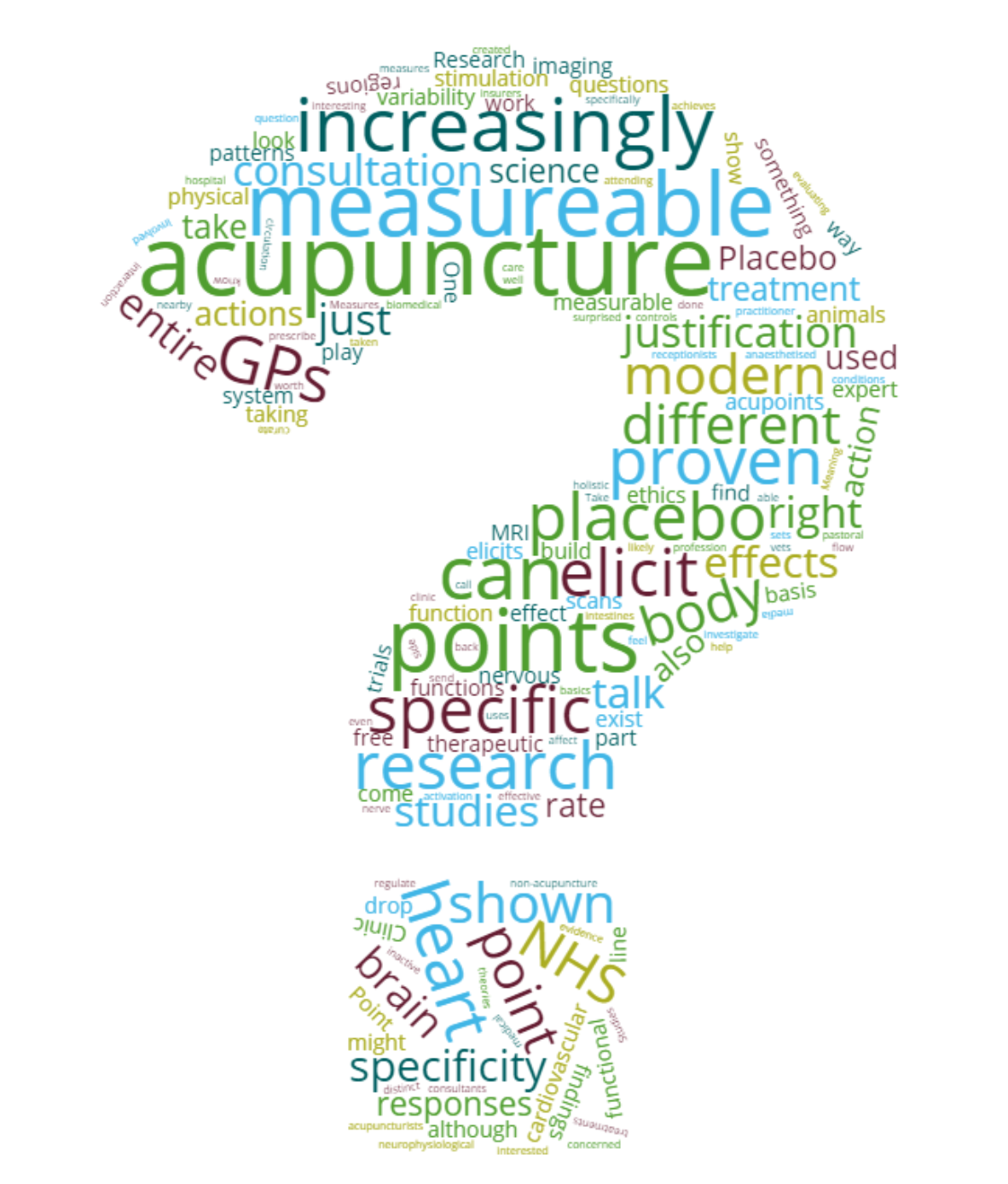Acupuncture and the menopause
Acupuncture is increasingly used for many different conditions, but one that may not at first be obvious if that of menopausal symptoms, where acupuncture has been shown in studies to be of benefit. Here I will present information on acupuncture for hot flushes, and other menopausal symptoms of sleep quality, mood and anxiety, memory and cognition and general quality of life.
I’ll also discuss theories and scientific studies showing how acupuncture may be achieving these effects.
I will also touch on hot flushes of other causes, in males and females after cancer-treatment using hormonal drugs these can also cause “vasomotor symptoms”, also known as hot flushes.
I’ll discuss how research shows acupuncture to affect the hormonal system, and finally I’ll leave you with some information and links to follow up for the references and bibliography relating to this area.
Important to know: Chronic health conditions should be addressed under direct medical supervision of your GP or consultant, and acupuncture would be an adjunct or complement to usual care – we advise that you let you doctor know when you use this approach.
Read More Acupuncture and the menopause: the evidence base and how it works



